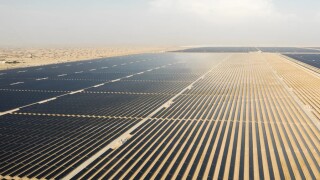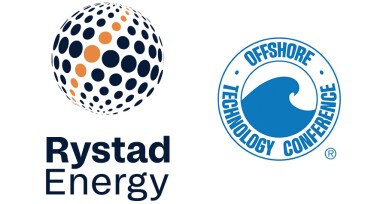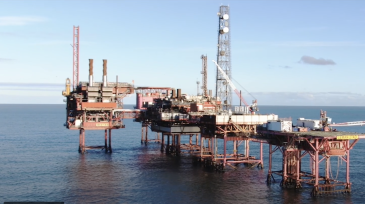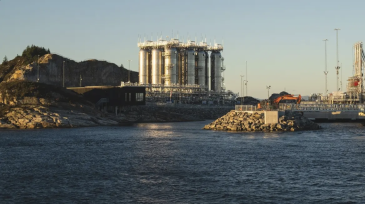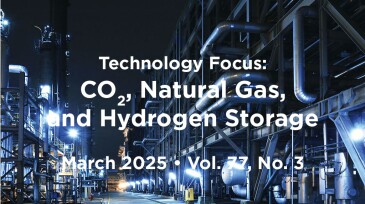Energy transition
The appraisal well in Utah confirmed a geothermal resource exceeding 555°F at a depth of approximately 11,200 ft.
The NLR has released its 2025 US Geothermal Market Report, documenting 4 years of industry growth and providing policymakers and stakeholders with an updated overview of the US geothermal market.
The report says the capacity of renewables in the region is set to grow tenfold by 2040 as electricity demand and new sectors drive rapid solar and wind expansion.
-
The CEO and North America research director for Rystad Energy shares insights from a 3-year Knowledge Partnership between the global consultancy and OTC.
-
Young Professionals Leading the Energy Transition: Insights From SPE’s Beyond the Borders InitiativeIn March, 27 young professionals representing 15 SPE sections and 12 countries convened in Paris for the first edition of SPE Beyond the Borders 2025. The event served as a unique platform for cross-cultural dialogue and forward-looking discussions about the role of YPs in the energy transition.
-
The UK North Sea Transition Authority has awarded the required permits for the East Irish Sea project, and the project has reached financial close. The carbon capture and storage project is expected to receive its first carbon dioxide in 2028.
-
The test marks a milestone in the Poseidon CCS project, which aims to store carbon dioxide in the depleted gas reservoir below the Leman development in the southern North Sea.
-
The first phase of the Norwegian project is expected to receive its first carbon dioxide this year, with the second phase slated to start operations in late 2028.
-
Industry leaders say they believe oil and gas will continue to play a pivotal role in the energy mix in the lengthening energy transition timeline.
-
Experts speaking at CERAWeek 2025 lauded industry's shift from focusing on the energy transition to prioritizing oil production.
-
A new publication from Ipieca and the International Association of Oil and Gas Producers presents a health-focused roadmap for navigating the energy transition.
-
The supermajor is making a major course correction as it plans to slash renewable investment and focus more on oil and gas development.
-
Transitioning to a low-carbon economy demands large-scale CO2, natural gas, and hydrogen storage. In this context, the application of AI/ML technology to uncover geochemical, microbial, geomechanical, and hydraulic mechanisms related to storage and solve complicated history-matching and optimization problems, thereby enhancing storage efficiency, has been prominently …



